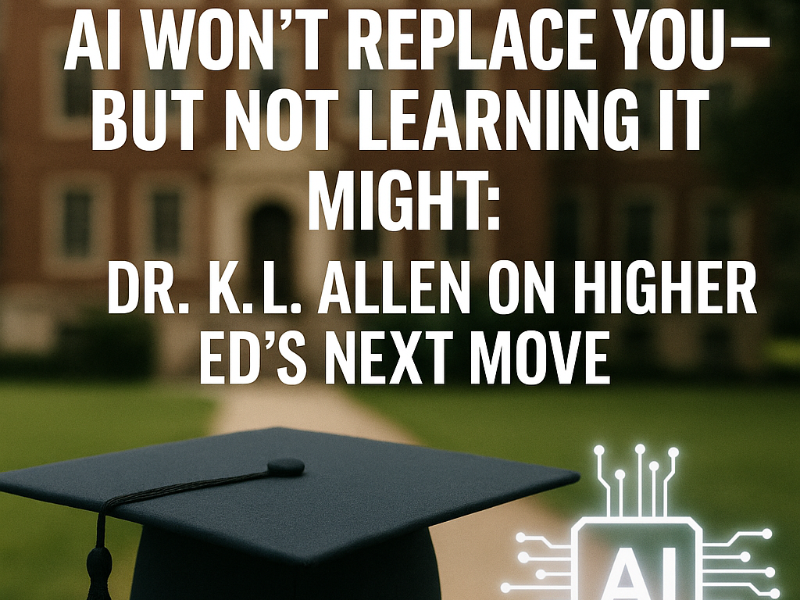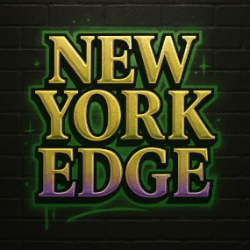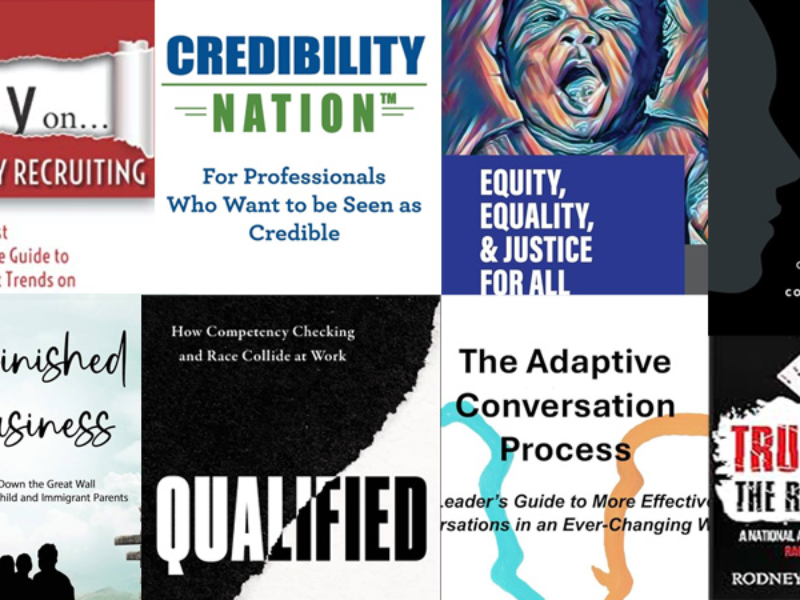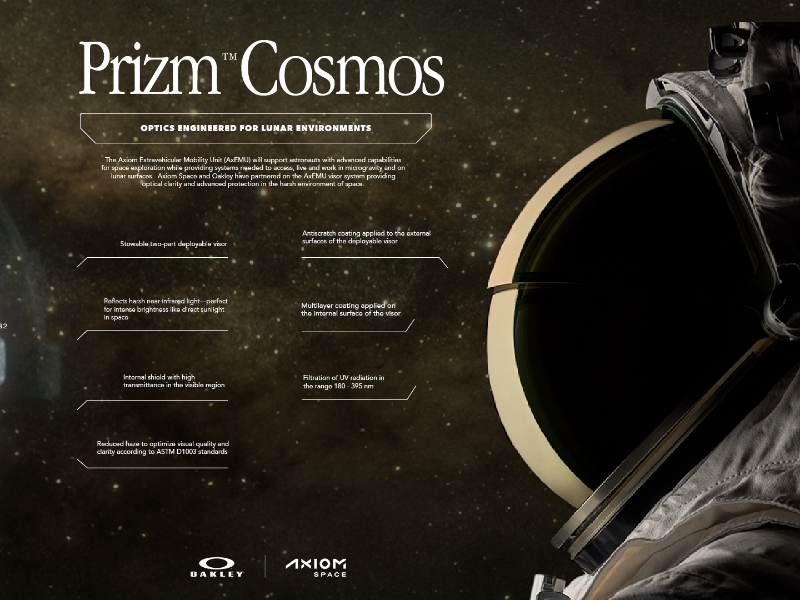AI Won’t Replace You—But Not Learning It Might: Dr. K.L. Allen on Higher Ed’s Next Move
By: New York Edge News
Dr. K.L. Allen carries his hometown of Princeville, North Carolina—the oldest town founded by formerly enslaved people—he is passionate and aware of the responsibility he has as an advocate for higher education. Current regional vice president of Western Governors University, he frames his work as part of his hometown legacy.
“I carry that burden. I carry that weight, and how I live that out is ensuring that education remains accessible and affordable for all,” he said.
His comments come at a moment when the value of higher education is increasingly under question. Tuition and fees at public four-year institutions now hover around $29,000 a year, according to the National Center for Education Statistics. A June 2025 Forbes report found that nontraditional learners—students over 22, working adults, parents—now make up the majority of college students in America, with more than 40 percent older than 22 (Forbes, 2025). Yet many of these students report financial strain, mental health stress, and a lack of flexibility as barriers to finishing their degrees.
Allen sees those obstacles not as an end but as a starting point for innovation.
“Too often I hear people saying I can no longer afford education. I tell those moms, those dads, those aunties, those uncles, hey, you still have time,” he said.
WGU’s competency-based, flat-fee model allows students to move at their own pace, often while holding down jobs. Seventy percent of WGU students are already working when they enroll, and the average graduate sees a $15,000 increase in salary after completing a degree.
At a time when several states are rolling back diversity, equity, and inclusion programs, Allen points to history as a guide.
“When any minority has been counted out, that’s when greatness happens,” he said. “The best way to have your voice is through education, whether that’s a two-year, four-year, or your own degree”.
Allen believes education still functions as the great equalizer, but he acknowledges the noise surrounding it. “Imagine getting off a bus at an opposing team’s stadium and you’re hearing all this noise about what you can’t do. Sometimes you just have to put on your headphones and block that out and walk your path,” he said.
He thinks scholarships and independent funding networks are essential to creating educational sovereignty.
“Individuals have to get together, create scholarships. Too often entrepreneurs focus only on passion projects. But what problem are you solving?” he asked
Allen also refuses to buy into dystopian talk around artificial intelligence.
“The people that don’t understand AI will be the ones that will be displaced,” he said. “AI can supplement, but don’t allow AI to run your business because AI will. AI still has its limitations”.
For him, marginalized communities that adopt AI as a tool rather than a threat could create their own twenty-first century renaissance.
Making education “cool again” is a goal for Allen and making sure students get results from their experience.
“People have to see graduates being successful after leaving school. But when you hear stories of ‘drowning’ in education debt- it hurts the coolness,” he said.
By contrast, WGU’s undergraduate tuition averages just over $8,000 a year, a fraction of the six-figure debt carried by many traditional graduates.
Allen has no illusions about the turbulence surrounding higher education, but his stance is clear.
“Greatness does not occur without turmoil,” he said. “Education is still the equalizer. Block out the noise, walk your path, and never stop learning.”




